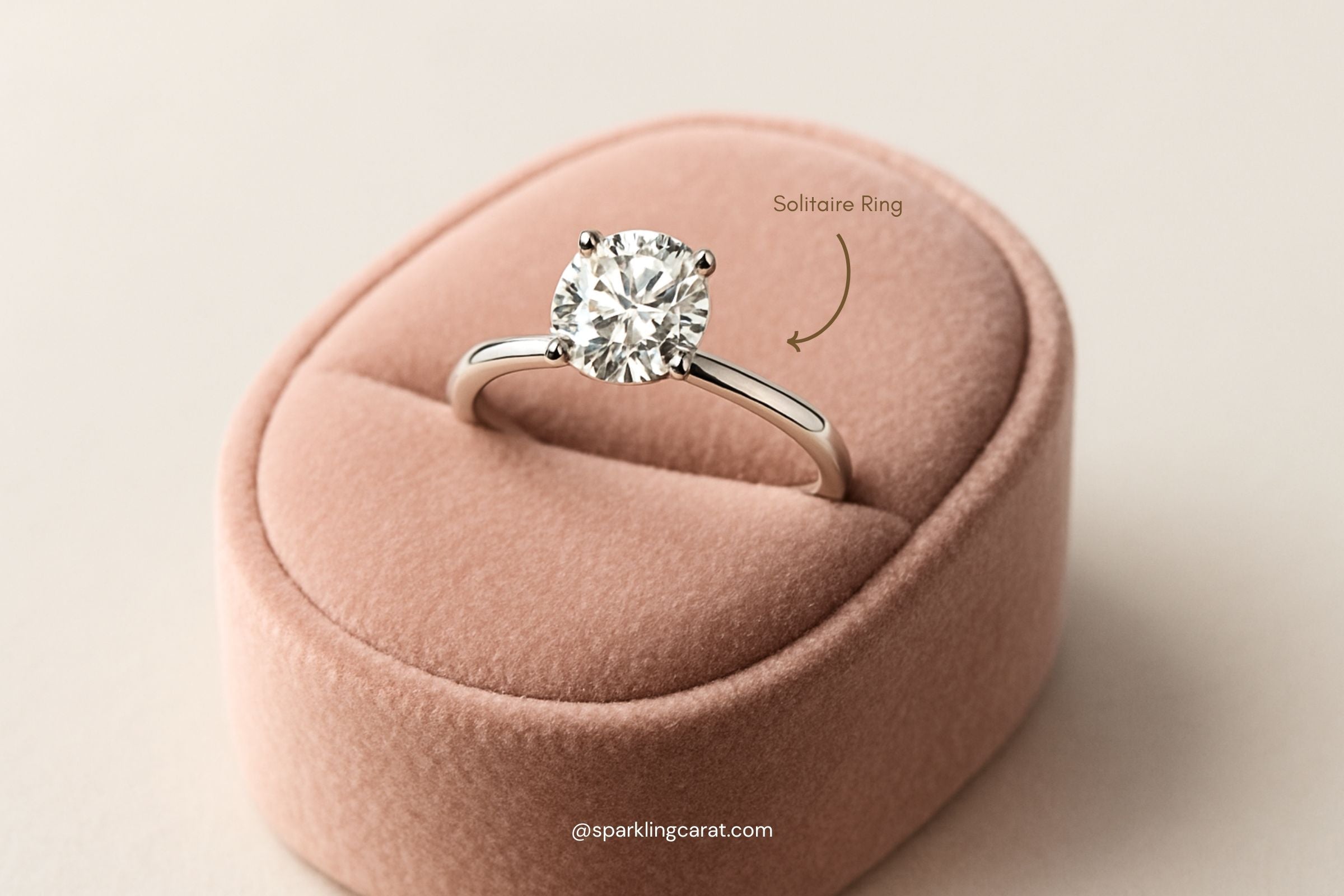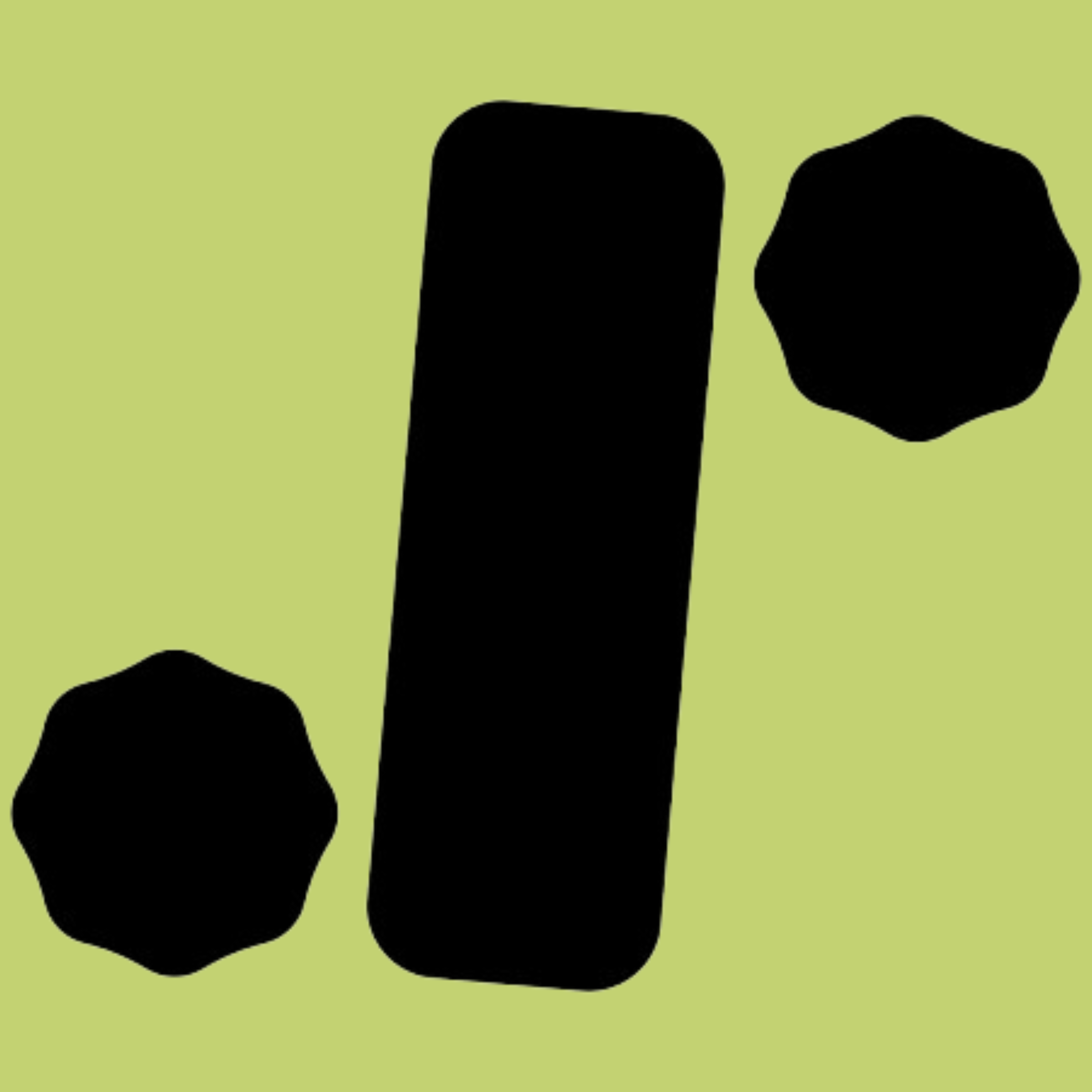Guide to Diamond Certifications: GIA vs IGI
When buying a diamond, especially online, one of the most crucial elements to understand is certification. A diamond certificate verifies a gem’s authenticity, quality, and value—and the organization that provides that certificate matters.
Two of the most recognized names in diamond grading are GIA (Gemological Institute of America) and IGI (International Gemological Institute). But how do they compare? And which should you trust more?
Let’s explore the GIA vs IGI debate in detail to help you make a fully informed decision before purchasing from Sparkling Carat or anywhere else.
What Is a Diamond Certification?
A diamond certification (also known as a diamond grading report) is a document issued by a gemological laboratory that describes the 4Cs of a diamond:
-
Cut
-
Color
-
Clarity
-
Carat weight
It may also include additional details like polish, symmetry, fluorescence, and measurements.
If you're unfamiliar with the 4Cs, start here:
Understanding the 4Cs of Diamonds
GIA (Gemological Institute of America)
GIA is considered the gold standard in diamond grading. Founded in 1931, GIA is a non-profit organization known for its strict grading standards, unbiased reports, and scientific integrity.
Why Choose GIA?
-
Most trusted by high-end jewelers worldwide
-
Highly consistent grading system
-
Does not sell diamonds, ensuring full neutrality
-
Certificates are widely respected and resale-friendly
GIA Certification Includes:
-
Full 4Cs grading
-
Laser inscription (if requested)
-
Inclusion plot (clarity map)
-
Security features on printed reports
Sparkling Carat offers many GIA-certified diamonds for those seeking maximum peace of mind.
IGI (International Gemological Institute)
Founded in 1975, IGI is a for-profit grading lab based in Antwerp, Belgium, with offices around the world. IGI is especially popular in Asia and among lab-grown diamond sellers due to its faster turnaround and lower costs.
Why Choose IGI?
-
Popular for lab-grown diamonds
-
Offers grading for finished jewelry (not just loose stones)
-
Slightly more affordable diamonds due to looser grading
-
Quicker certification process
Caution:
While IGI is respected, their grading is often seen as more lenient than GIA. For example, a G color diamond on an IGI report may be graded as H by GIA.
This is important if you’re comparing diamonds across jewelers. Make sure you’re comparing equal standards, not just prices.
GIA vs IGI: Comparison Chart
| Feature | GIA | IGI |
|---|---|---|
| Type | Non-profit | For-profit |
| Accuracy | Very strict (industry gold standard) | Slightly lenient |
| Recognition | Global prestige | Popular for lab-grown |
| Ideal for | Natural diamonds | Lab-grown or budget buyers |
| Price impact | Slightly higher | Often lower |
| Turnaround time | Slower (more thorough) | Faster |
Which Certification Should You Choose?
It depends on your priorities:
-
Want premium resale value or highest credibility? Go with GIA.
-
Shopping for a lab-grown diamond or jewelry set? IGI is a strong option.
-
Want transparency and support? Buy from a jeweler like Sparkling Carat that provides certified diamonds with clarity on their origin and value.
Pro Tip: Don’t Rely on Certificates Alone
Certifications are important, but you should also:
-
View high-resolution images or videos of the diamond
-
Ask for laser inscription number
-
Understand how grading affects sparkle, not just value
-
Work with jewelers who provide transparent sourcing policies
Explore More:
Shop Certified Diamonds at Sparkling Carat
Every diamond at Sparkling Carat is independently certified by GIA, IGI, or equivalent and includes:
-
Digital copy of the certificate
-
Easy-to-read grading report
-
Competitive pricing and full transparency






Leave a comment
This site is protected by hCaptcha and the hCaptcha Privacy Policy and Terms of Service apply.